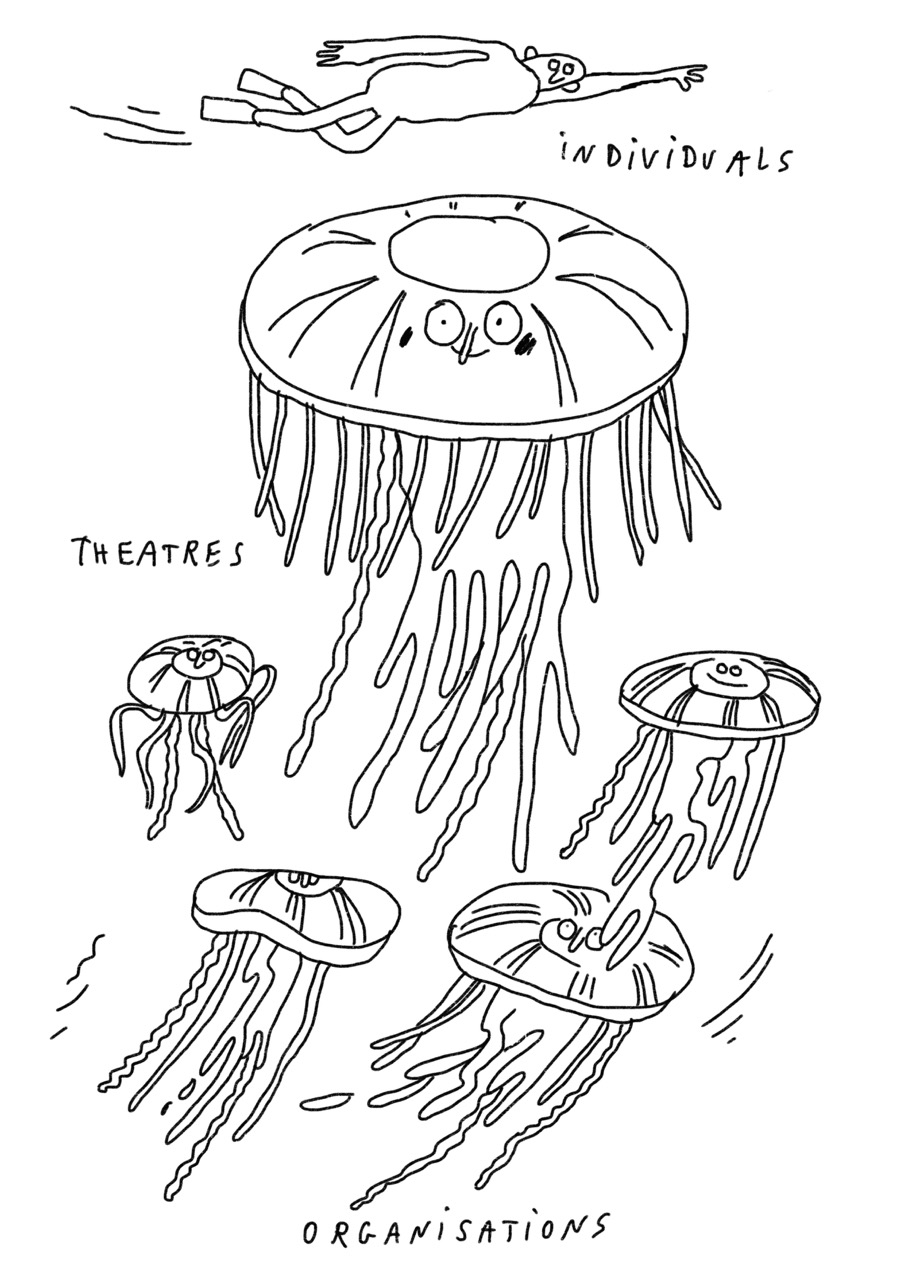The constitution of ASSITEJ International is of utmost importance for us as an international membership association, serving as the fundamental document that establishes our structure, purpose, and governing principles. It provides a framework for ASSITEJ International’s operations, ensuring coherence, fairness, and accountability among our members.
Our constitution outlines the Association’s objectives and mission, clarifying its purpose and guiding its activities. It defines the rights and responsibilities of members, ensuring equal treatment and promoting transparency within ASSITEJ International. This helps maintain a sense of unity and common goals among our diverse membership.
Additionally, our constitution establishes the governance structure, defining the roles and powers of key positions on the Executive Committee. It describes decision-making processes, including voting procedures and the amendment of the constitution itself, ensuring democratic participation and preventing undue concentration of power.
Moreover, our constitution safeguards the rights and interests of members, providing a mechanism for dispute resolution and fair treatment. It outlines ethical standards, codes of conduct, and corrective procedures to maintain professionalism and integrity within the Association.
Furthermore, our constitution serves as a point of reference for legal and regulatory compliance, ensuring that ASSITEJ International operates within the bounds of applicable laws and regulations in Italy, where ASSITEJ International is legally registered. It enhances the Association’s credibility and legitimacy in the eyes of external stakeholders, such as governments, donors, and the general public.
You may view the latest version of our constitution here in both English and Italian.



